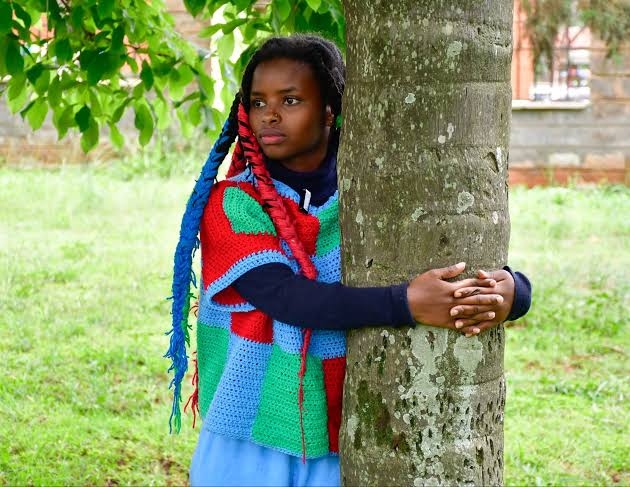Researchers have been urged to step beyond their comfort zones and directly engage consumers of their innovations to boost food production and help grow the economy.
Head of Public Service Felix Koskei said scientists and researchers must move beyond their intellectual comfort zones and proactively communicate their research findings to key consumers, such as farmers and the manufacturers.
He also urged researchers to seek ways of monetising their work and bridging the gap between their research and the country’s economic prospects.
Speaking at the Kenya National Research Festival 2024 held at the Edge Convention Centre, Koskei also encouraged scientists to focus on commercialising their work.
He emphasised the importance of inclusiveness, collaboration and partnerships.
Koskei said there is need for strong linkages between researchers and industry, which is the main consumer of research information.
This, he said, is crucial for developing homegrown solutions and products in line with the country’s vision of "Buy Kenya, Build Kenya."
"Sound research, information and data are critical to national development, and this cannot be overemphasised. Research is a disciplined journey that transforms curiosity into knowledge and knowledge into power," he said.
"It is the power of scientific research that fuels progress, drives innovation and helps people and nations tackle the challenges and crises they may confront in their developmental agenda," Koskei said.
He said the festival provides a unique platform for fostering relevant and insightful discussions, promoting synergies and strengthening both domestic and international collaborations. These are key levers of development in today’s interconnected world.
The festival which is organised by the National Research Fund and Young Scientists Kenya under the theme "Research Partnership and Collaborations for Socio-Economic Development", has drawn participants including young scientists, researchers and over 200 students from across the 47 counties.
Koskei said the youth make up the majority of the Kenyan population, with estimates indicating that over 75 per cent of the population is below 35 years.
“Besides this youth bulge, this demographic possesses the energy and technological savviness critical for today’s world, which is largely driven by technological advancements and rapid changes. I believe research is crucial for the full realisation of this demographic dividend,” said the Chief of Staff.
He called on scientists to develop practical strategies for communicating complex research information in clear and understandable ways.
National Research Fund CEO Dickson Andala said Kenya stands to benefit from its investment in research, science, technology and innovation, currently estimated at 0.8 per cent of GDP.
He said NRF has translated over 60 research outputs into tangible products and services. This are ready for commercialisation by the private sector, including Micro, Small, and Medium Enterprises, national and county governments and educational institutions.
Andala provided examples of successful research outputs including the Sahiwaal breed cattle— known for high yields in milk, beef and quality hides—pioneered by the Kenya Agricultural and Livestock Research Organisation.
Other examples include purple tea and its value-added products by Karatina University, assistive technologies for people with special needs by Meru University of Science and Technology and leather and coffee value-added products from Dedan Kimathi University of Technology.
Others are jigger repellent and cure from Masinde Muliro University of Science and Technology and nutritious indigenous vegetables by Jomo Kenyatta University of Agriculture and Technology.
“The translation of research to commercialisation will positively impact the country by reducing the cost of living, eradicating hunger and creating jobs," he said.
"It will also improve the foreign exchange balance and promote inclusive growth as envisioned in the government’s Bottom-Up Economic Transformation Agenda.”
At the festival’s conclusion on Friday, Andala said the National Outstanding Research Awards winners and the 7th Young Scientists of Kenya National Science and Exhibition Awards will be awarded to recognise their exceptional contributions to research.
YSK national director Dr Victor Mwongera said the growing involvement of young girls in technology is a testament to their untapped potential in shaping a better future.
“By working together, these students are learning to share ideas, experiment and push the boundaries of what is possible. This environment fosters a culture of innovation, empowering them to develop solutions that can make a real impact on their communities and the world at large,” he said.
Mwongera said approximately 54 per cent of the 1,780 abstract submissions for this year’s Young Scientists Kenya National Science and Technology Exhibition came from girls in Kenya’s high schools.















